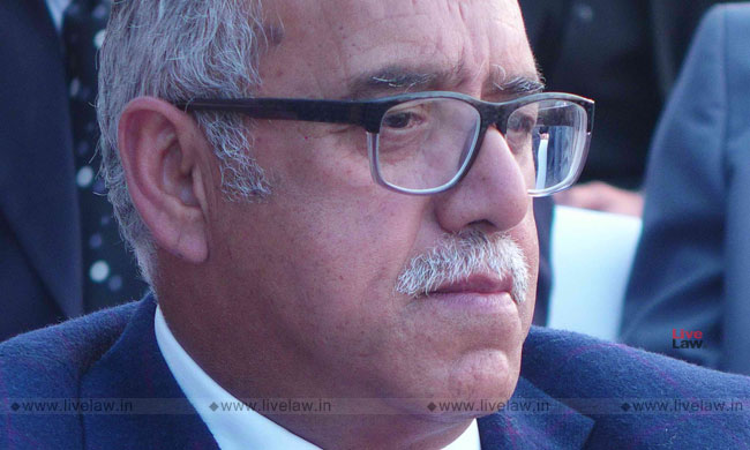"Sedition Law Most Abused Today, Criticism Against Govt In Power Does Not Make Any One Less Patriotic": Justice Deepak Gupta
LIVELAW NEWS NETWORK
7 Sept 2019 8:14 PM IST

"The last few years have given rise to a number of cases where the law of sedition or creating disharmony have been misused rampantly by the police to arrest and humiliate people who have not committed the crime of sedition as laid down by the Constitution Bench of Supreme Court". "The manner in which the provisions of Section 124A are being misused, begs the question as to whether we should have a relook at it. Freedom of expression being a constitutional right must get primacy over laws of sedition"
Next Story


